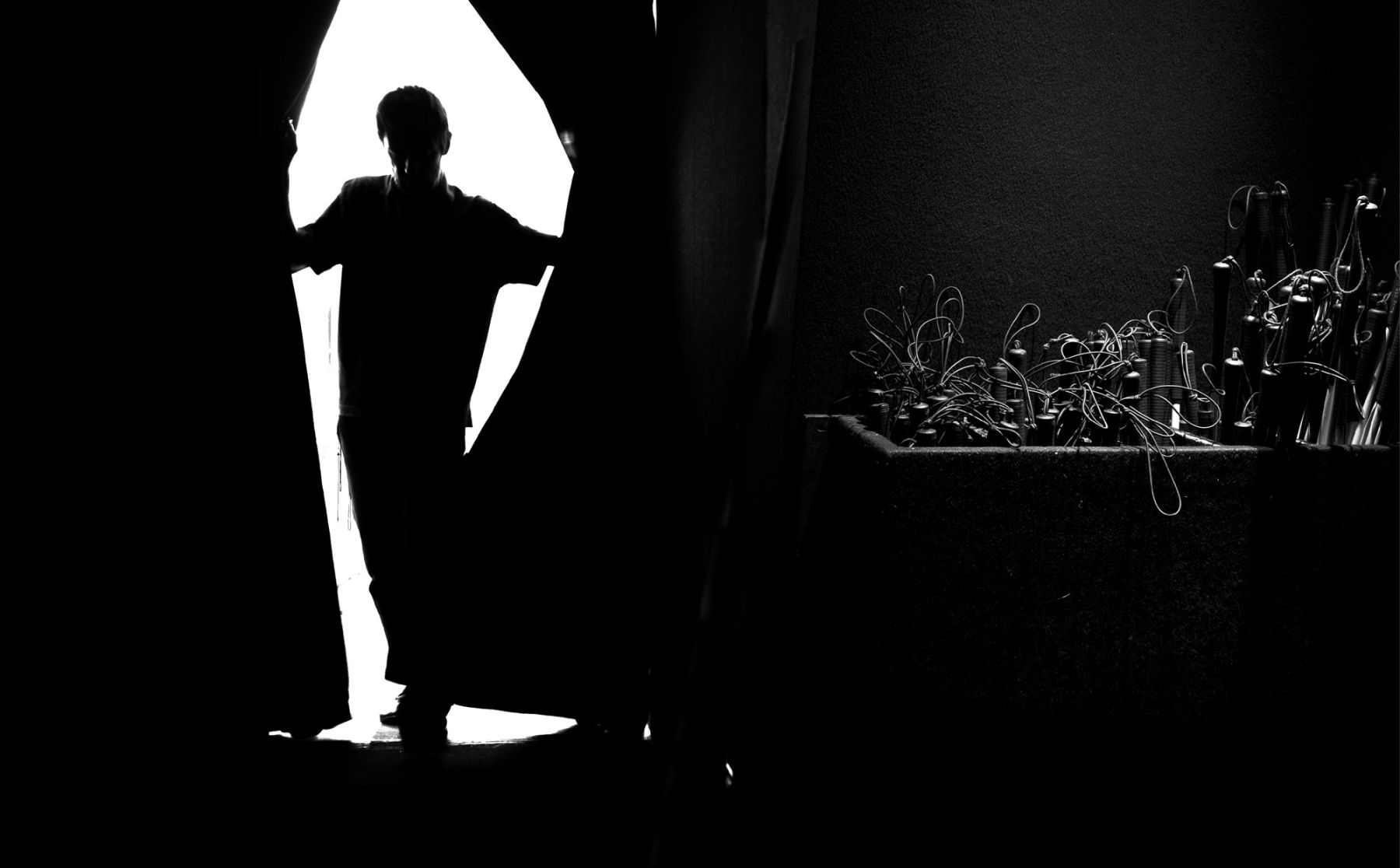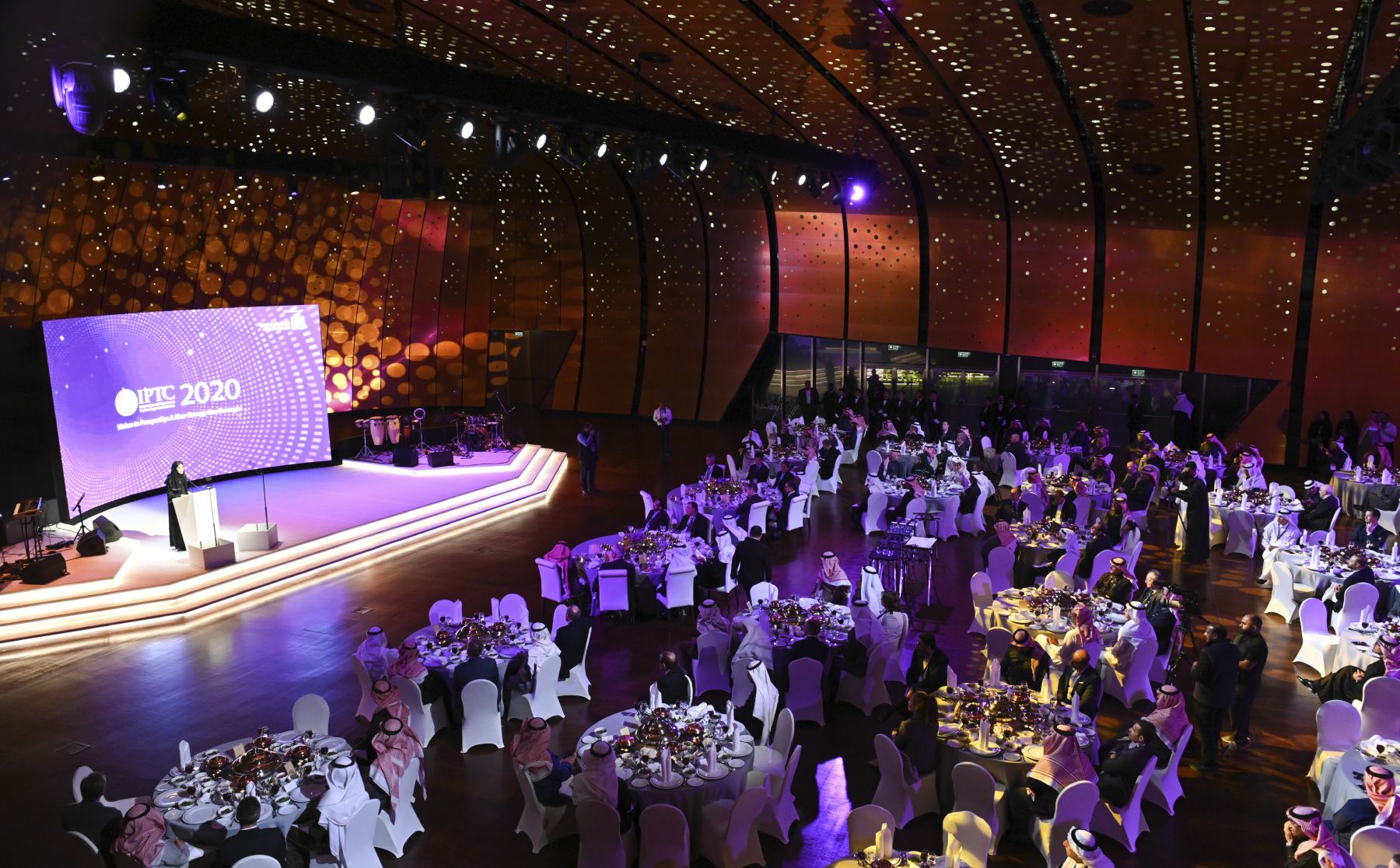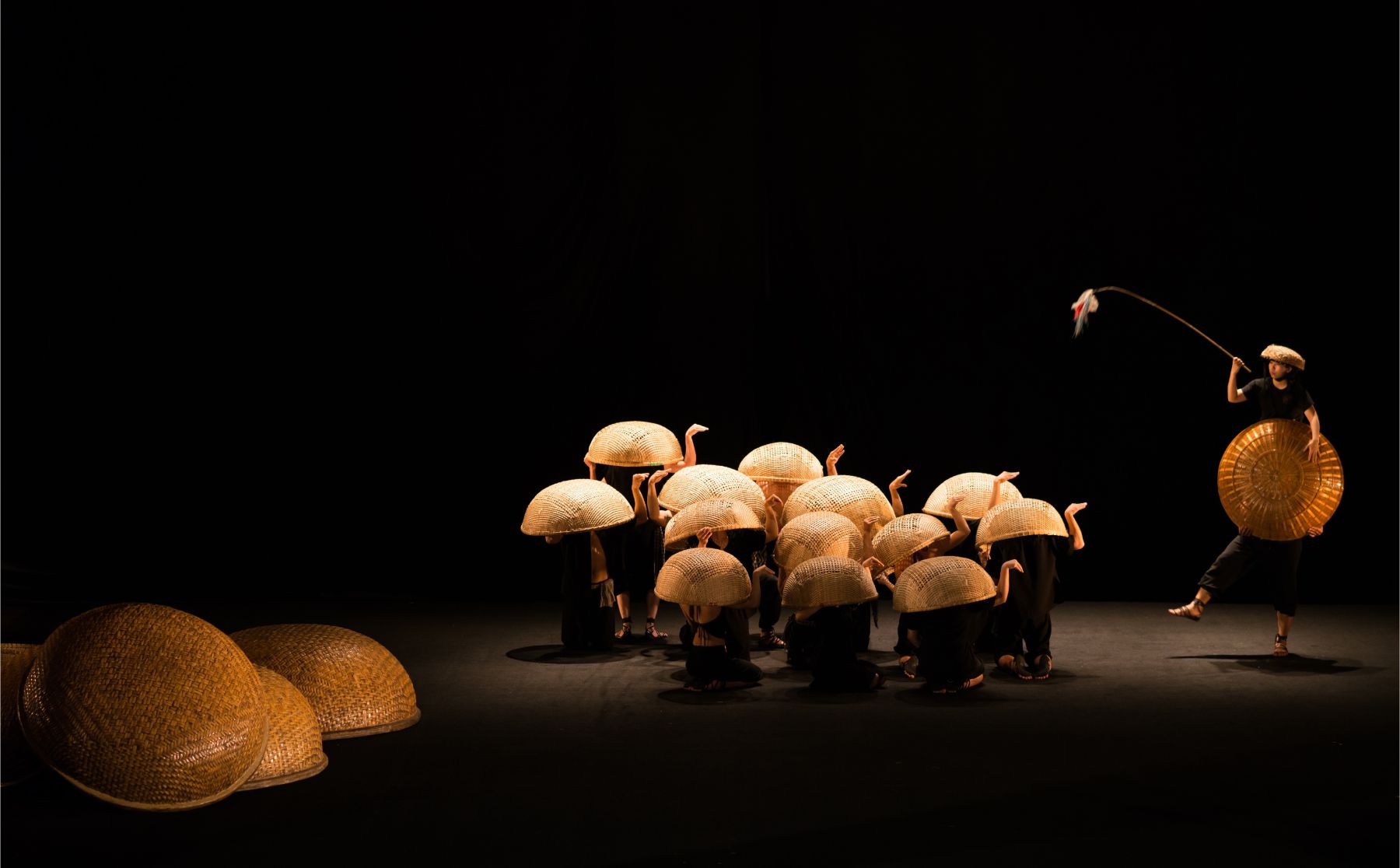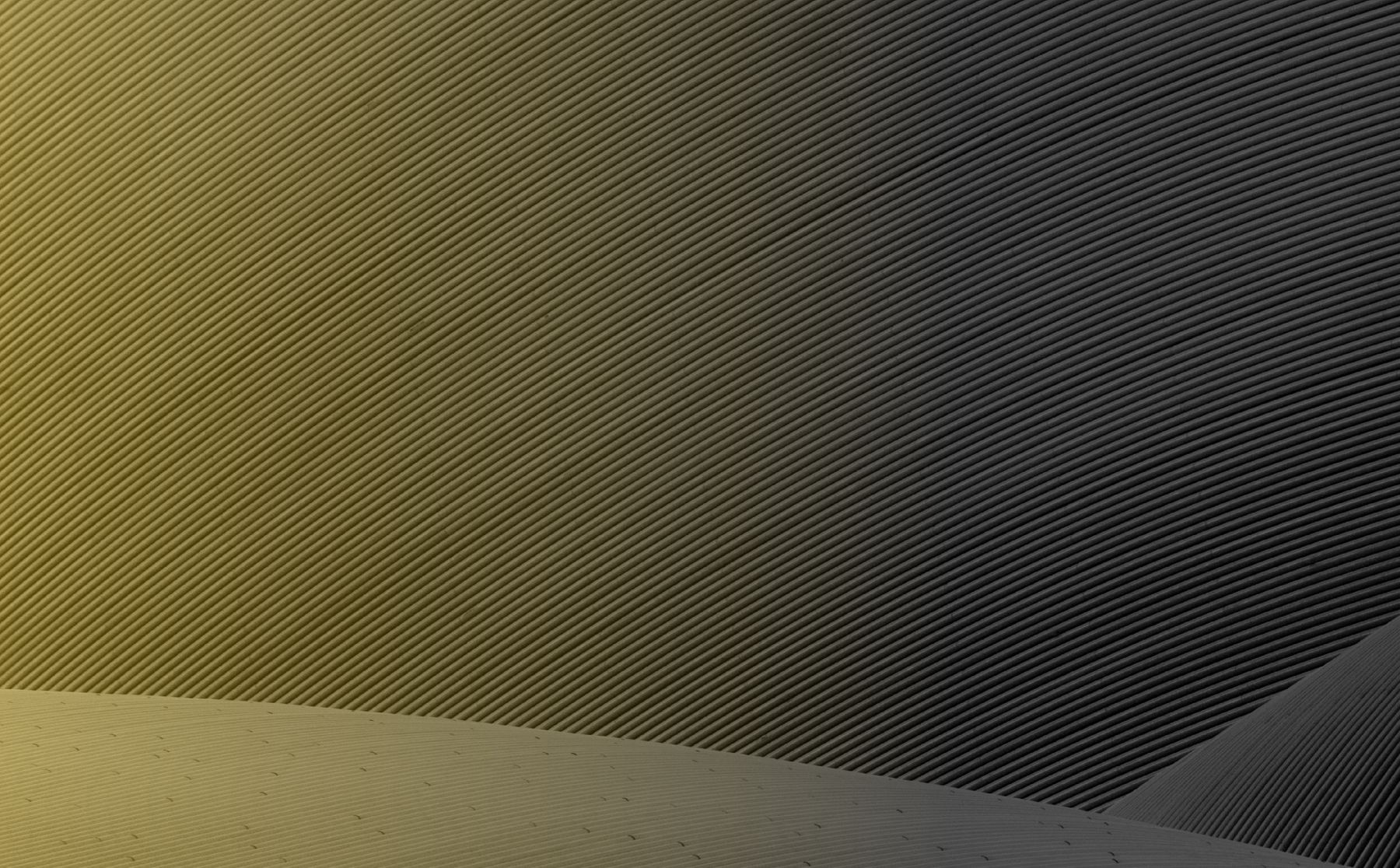Film Director Ali Alsumayin:
Creative work post-corona will be bigger and better
During the lockdown in the Kingdom of Saudi Arabia, the King Abdulaziz Center for World Culture (Ithra), explored the views of a several artists on the impact of the coronavirus pandemic on the creative industry. We held this dialogue with the film director Ali Alsumayin:
How did you receive the news about the world coming to a halt because of the COVID-19 pandemic?
I used to imagine that these scenarios only happened in science fiction movies. The fact we have experienced such an experience on this global level is unprecedented, and I still find this idea strange.
Humans are tenacious creatures who try to cling to old things and what we know, but our instinct to survive drives us to adapt. The world was moving at a terrifying speed, and now all plans have changed, whether related to our personal life, or the economy or the creative process.
This pandemic has showed a different and strange side of human beings, and new things have emerged in us, which have been both positive and negative. I do not think that we will easily forget what we went through during this pandemic, and we must learn from it. We evolve and we cannot simply return to the vanity we had before.
How did the pandemic affect the film industry?
I look at this in phases. The first phase was the denial stage, which I think everyone went through. Before the pandemic we were living in a cultural and creative boom, especially in the Kingdom, so we have tried to fight back to our normal routine and we thought that this pandemic would be a seasonal disease that would disappear soon after. Then we began to realize the scale of the problem, and we began to adapt to it, and in the creative industry, production stopped, especially processes that need human communication.
But if we look at the thinking part of the innovative process now, it is benefiting from the luxury of time that we did not have before.
Now there is time to work on cinematic and television texts and cultural ideas, and this is a normal reaction during isolation. And when we return to the normal life, we will be ready to carry out our production.
How do you see the post-corona phase?
This pandemic has economic repercussions that will affect the creative industries. Despite its importance, this industry does not come first compared to other human needs like food, housing, and other requirements. The innovative product is a surplus, or a luxury, and it comes after the basics, so it must be sacrificed. Thus, I expect that the level of spending on cultural and artistic work will decrease. This means that workers' evaluation and eligibility for implementation for such work will be more rigorous, and stronger content will prevail over bright things and "flashes".
And as humans recreate their memories, I think we will see production work that will revolve around the pandemic.
I also expect to see fewer creative works in the coming period, but their ideas will be bigger. It will be quality over quantity. In cinema, for example, I think fewer films will be produced, but significant and more important films will appear.
I think that future content will be affected positively by the transparency of emotions. During this crisis people were more receptive to listening to the psychological pressure others are going through, and this was important in the creative process. Now we are more reconciled with our feelings, this is not a shame, and it must be presented and translated in our art production and what we offer to the viewer.
Have you, as a film community, begun to think about solutions to the challenges ahead?
By nature, human beings try to find solutions to everything, including the creative process.
As far as film production is concerned, I’m working on a production between Saudi Arabia, Beirut, and America, and there are discussions about adopting the idea of isolation camps, where the entire staff will be in group isolation before, during and after filming. But I believe that such an idea is difficult to implement as its cost is very high.
What is your thought about the way audiences consume creative content now?
The amount of creative and cultural content consumed now is unprecedented, of course, due to the availability of platforms such as Netflix and others that enable the public to access larger, more diverse, and faster content. Even the simple content consumed on platforms such as Instagram is steadily increasing.
This shows that the public is thirsty for cultural content, which is an opportunity upon which to build. The need for content shouldn’t be filled randomly: a plan must be devised to bridge this gap and take advantage of this opportunity.
Over the past weeks, we have witnessed the transformation of some cultural programs into digital platforms, and I cite an example of King Abdulaziz Center for World Culture (Ithra), as well as the programs by the Ministry of Culture.
On a global level, we used to go to London or New York for theater. Now, some work is officially launched on digital platforms.
What I also observed is the tendency for people to resort to nostalgia during crises, which explains the success of the TV channel “Thikrayat” (memories), launched by Saudi television to broadcast content from the archive, which is a great idea to fill in the existing gap.
This interview between Ithra and the interviewee is part of a series of discussions on the impact of Covid-19 and the future of the creative industry.








